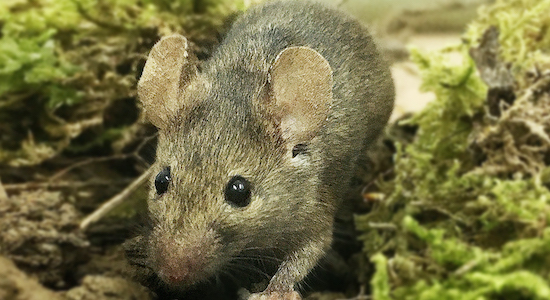PhD defence by Adam Koziol

Into the wild: Gut microbial dynamics and plasticity in three small critters.
Abstract:
When we look around us, all we tend to see is the big, but the small is what really encompasses us and is never resting. Microbes are synonymous with the ‘small’ in this case and can occupy spaces and niches that exist on every surface and within every organism. When microbes are living within host-environments, such as animal intestines, they can provide many key functions which are essential to the host's fitness and, for that reason, it has been posited to be a part of the host phenome. In this thesis I utilise three study species, including two wild species: an insectivorous shrew (Crocidura russula, Order: Eulipotyphla), an omnivorous wood-mouse (Apodemus sylvaticus, Order: Rodentia) and a captive-bred J:DO mouse (Mus musculus, Order: Rodentia) over three separate captivity experiments.
In this PhD we utilised 16S metabarcoding and genome-resolved metagenomics to explore the topics of microbial dynamics and plasticity to a range of different disturbance gradients and events. My first data chapter of the thesis takes us to the field and then to the experimental laboratory where we housed wild-captured C. russula and A. sylvaticus to investigate how different microbial enrichments in captive conditions affect microbial retention/trajectories upon entry to captivity. My second data chapter addresses the compositional and functional microbial dynamics of C. russula and A. sylvaticus to a series of different environmental changes with the purpose of inducing gut microbiota changes. Lastly, my final data chapter deepens into animal-associated microbial dynamics by adding further control over the study subject and captivity conditions and explores concepts of microbial resilience, stability, and recovery.
Supervisor:
Associate Professor Antton Alberdi Estibaritz, Globe Institute, University of Copenhagen
Professor Søren Sørensen (chair) Department of Biology, University of Copenhagen
Associate Professor Sarah Knowles, Oxford University, UK
Associate Professor Leo Lahti, University of Turku, FIN
